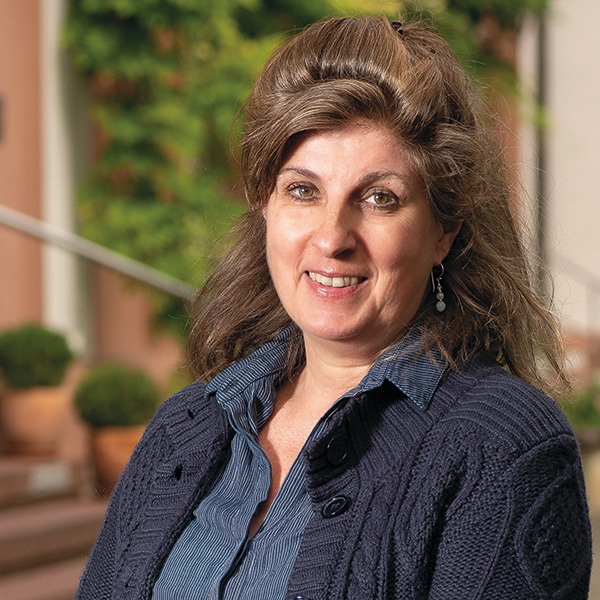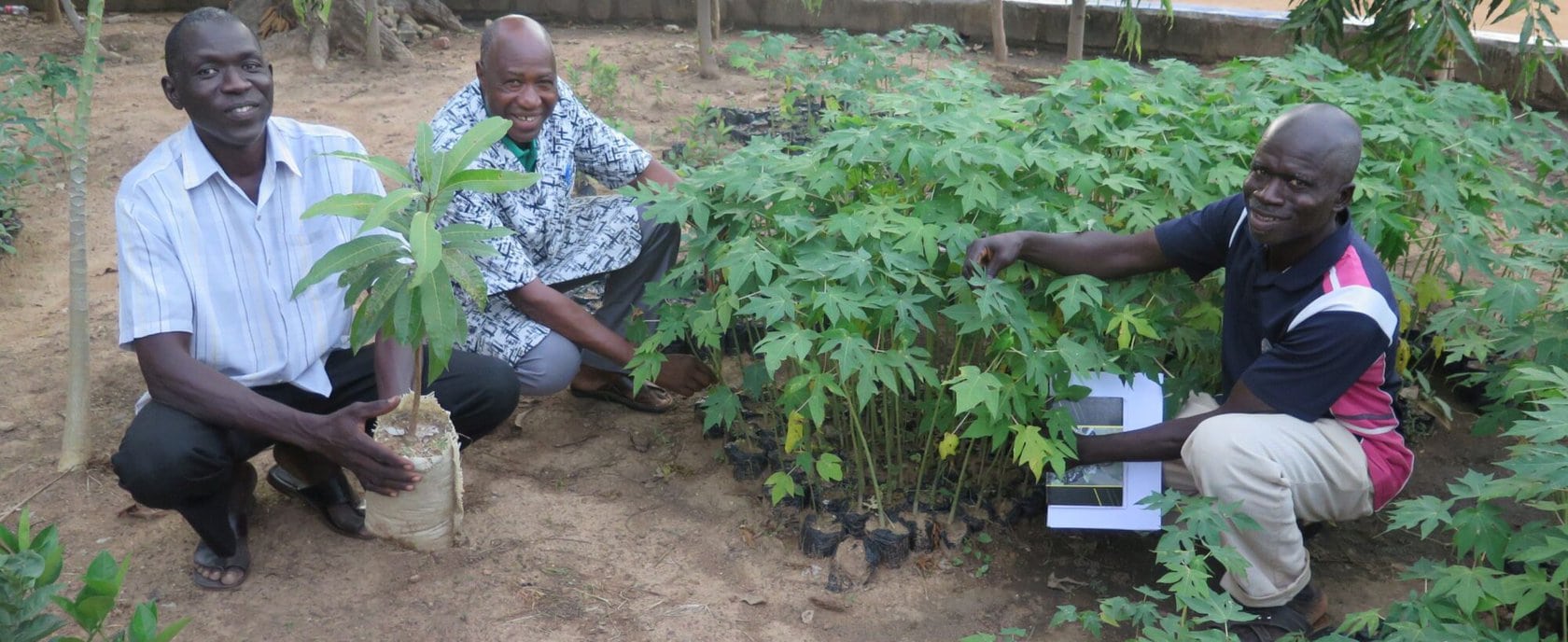
Jacqueline Brunner
Responsible Church Partnerships
Tel. 061 260 23 37
► E-mail

Project Number: 162.1030
Due to climatic changes and the effects of many years of environmentally damaging use of natural resources, many people in north-eastern Nigeria are threatened in their existence. Together with its partner organizations and churches, Mission 21 is trying to counteract these challenging living conditions. The local population can take part in educational programs in the areas of sustainable agriculture and environmental protection, enabling them to secure their livelihoods sustainably and independently in the long term.
Nigeria is rich in natural resources. However, these are often used in ways that are harmful to the environment and are unevenly distributed. The population in the north-east of the country is particularly disadvantaged, having received hardly any structural support from the state for decades. The region is also affected by climate change such as longer dry seasons and heavier rainfall, environmentally harmful use of natural resources such as the excessive use of chemical fertilizers and large-scale deforestation, as well as environmental pollution caused by waste and plastic. The effects of this include soil erosion, declining soil fertility and contaminated groundwater, which in turn jeopardizes the supply of food to the population that is largely dependent on agriculture. Together with its partner organizations and churches, Mission 21 is tackling this problem and promoting the sustainable use of natural resources and the protection of the environment.
The livelihood of the rural population in northeastern Nigeria is secured through a sustainable approach:
The target group includes smallholder farming families from rural areas in north-eastern Nigeria as well as the wider population of the region.
The sustainable use of natural resources plays a key role in improving the economic living conditions of the rural population in north-eastern Nigeria. Less logging and reforestation reduce soil erosion in the affected areas, which in turn has a positive impact on the fertility of the soil and ultimately also on agricultural cultivation. In this context, the local population was able to complete training in reforestation, environmental protection, sustainable use of natural resources and sustainable agricultural practices in 2023. Some graduates of the training courses now act as volunteers and also pass on the knowledge they have learned to the community.
Support our 2024 campaign "Learn from each other, live sustainably" and raise awareness in your community about environmental sustainability in the Global South and in Switzerland with various hands-on activities. More information: www.mission-21.org/campaign

CHF 51'750
Mission 21
Protestant Mission Basel
PO Box 270
Missionsstrasse 21
4009 Basel, Switzerland
Tel.: +41 (0)61 260 21 20
info@mission-21.org
Donation account Switzerland:
IBAN: CH58 0900 0000 4072 6233 2
Tax exemption number:
CHE-105.706.527
Donation account Germany:
Savings Bank Lörrach-Rheinfelden
Swift BIC: SKLODE66
BLZ: 683 500 48
IBAN: DE39 6835 0048 0001 0323 33
Account No. : 1032333